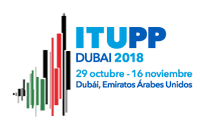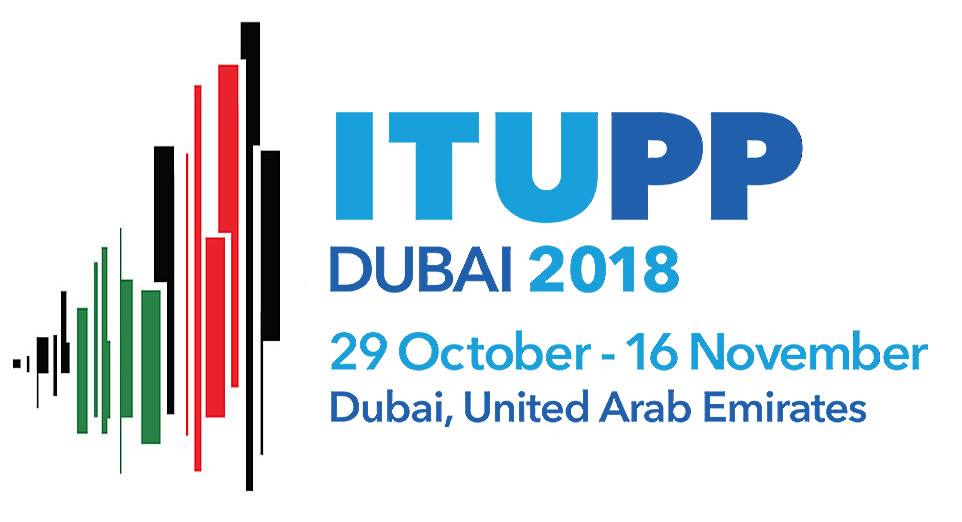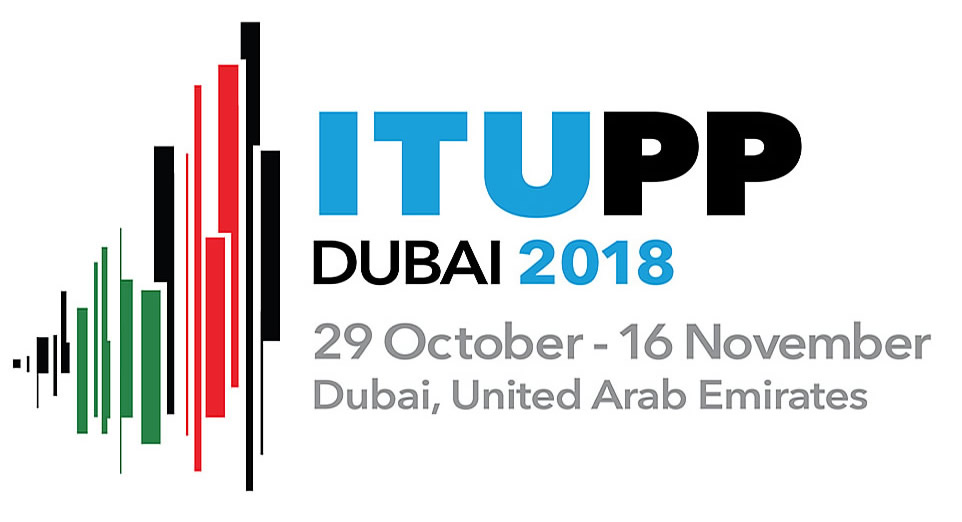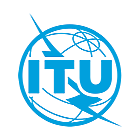Excellency Chair of the Conference
Excellences Ministers of ICT
Excellency Secretary General of ITU
Distinguished Guests
Ladies and Gentlemen
Warm greetings and good wishes for a successful conference from the Government and the people of South Sudan.
At the onset, please allow me to add my voice, on behalf of my Government and delegation, to congratulate the United Arab Emirates for the warm hospitality and excellent organization of this important ITU event, which will set the course of telecommunications/ICTs for the next coming four (4) years.
As the youngest member of the ITU, South Sudan has just celebrated its 7th birth day last July on the 9th, and, as I speak here today, our people back home are embarking on a peace celebration to appreciate the Revitalized Peace Agreement that was recently signed in Khartoum, Sudan, to put an end to a turbulent five years of our short history. And it’s the same peace that I bring to all of you in this hall and to the rest of the globe. For in peace we can grow; in peace we can prosper; and in peace we can innovate and partner for the good of humanity.
Despite the challenges our country has been facing in the last five years, the Government of South Sudan, under the wise leadership of our President H.E. Gen. Slava Kiir Mayardit, has recognized ICTs as a catalyst to its development plan 2030 and vision 2040. In fact ICTs has been identified as a cross cutting pillar in our development plan and vision.
As peace is evident in the country now, the Government has taken measures to encourage growth of the ICT sector, which is one of the ITU five proposed goals for achieving its common vision of “an information Society, empowered by the interconnected world, where telecommunications/ICTs enables and accelerate social, economic and environmentally sustainable growth and development for everyone.” Indeed the Government of South Sudan reached agreements with its major Telecommunication/ICTs service providers to restore and expand network geographic coverage and capacity to improve quality of service. In doing so, the Government promised exemption from custom and tax duties all equipment needed for these purposes.
As a newly established country which is land locked, South Sudan is not yet connected to the international optical fiber marine cable. However, the Ministry of Information, Communication Technology and Postal Services has made this a priority agenda. The Government is determined to connect the country to the international marine cable through its border with the sisterly country of Uganda before the end of the year 2019; thanks to the presence of several optical fiber cables in the proximity of 200 meters from the border with the Republic of Uganda.
To achieve the strategic goals stipulated in the ICT policy of 2012, South Sudan identified partnership as one of the vehicles to achieve these goals. At the country level, we have been partnering with the international and local development partners as well as private sector to bridge our digital divide. To mention a few: UNSECO has been assisting with ICT capacity building through training of trainers programs as well as assisting youth based ICT Centers with equipment, workshops and international exposure.
The private sector has been offering schools and youth centers with access to the internet and building ICT labs.
At the regional level, South Sudan has partnered with its East African neighbors in the Northern Corridor Integration Projects. In this initiative, one of the successful ICT projects is the One Network Area (ONA), where roaming charges were dropped and service tariffs were caped. This project is having significant impact on social inclusivity and business growth. The traffic between these partner states increased dramatically due to the reduction in call charges. Presently, other services such as cross border mobile financial services are being considered, which definitely will benefit our citizens and will increase inclusion in the banking systems.
The other partnering initiative South Sudan is active on and is one of the founding member states is the Smart Africa Initiative, where Digital Literacy and Advocacy is the flagship of our country. At this juncture I would like to announce that we are open to receive any technical assistance from the ITU to enable South Sudan develop its blueprint program on Digital Literacy and Advocacy.
Excellences, let me conclude by saying that as we deliberate during this conference, let us be reminded that more than half of the world population are not connected. ITU should consider this a challenge and should continue to assist those unconnected to be connected.
Once again, congratulations to the ITU and the United Arab Emirates for a job well done in organizing and hosting the 2018 Plenipotentiary Conference.
Thank you.






